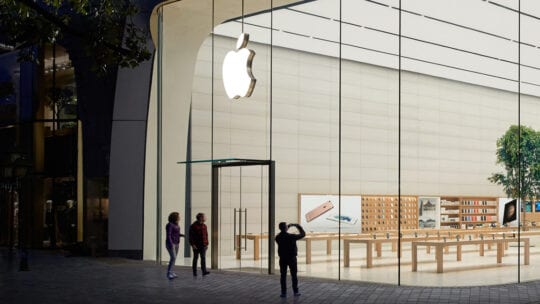
Rarely does one year bring as much disruption across virtually all industries, and to conventional marketing wisdom, as 2020. A global pandemic, nationwide civil unrest, unprecedented levels of social and political polarization and a presidential election that was one for the history textbooks—combined to send companies and their PR and marketing teams scrambling to reorient and recalibrate plans and strategies.
Amidst adversity lies opportunity. Companies and organizations that can anticipate what the public wants and needs and provide it, may grow. In this light, we asked academics about what's ahead in 2021 for PR, communication and marketing.
Lawrence Parnell, associate professor/director, Strategic Public Relations, Graduate School of Political Management, The George Washington University
"Management and clients will want more justification for using scarce capital and human resources; employee communication will be critical to re-engaging staff and boosting morale as the pandemic winds down; and purpose—or CSR communication—will need to be refined to more closely match business objectives and engage stakeholders.
As well, public affairs and government relations efforts will have to be reworked to reflect the priorities and personality of the Biden-Harris administration...in areas such as education, infrastructure, energy conservation and public health."
Jason Jolley, professor of rural economic development and MPA director, The George V. Voinovich School of Leadership and Public Affairs at Ohio University
"We have seen a change in spending habits during the COVID-19 pandemic and associated lockdowns. Over the next year or two, many consumers will have less disposable income to purchase goods and services.
While some marketing efforts have tried to capture concerns about diversity and Black Lives Matter, businesses and their PR teams must focus on more authentic and genuine efforts to reflect and support diversity if they want to target socially conscious consumers."
Michel Wedel, PepsiCo chair in consumer science, University of Maryland Robert H. Smith School of Business
"The pandemic accelerated the shift toward online and mobile shopping. A large part of this shift will be permanent, as consumers have incorporated new behaviors into their altered lifestyles. The shift toward online is beneficial for branded products because of the trust and consistency they provide.
Companies will step up search advertising and online brand marketing via user generated content, influencers and brand ambassadors. They'll make an effort to forge authentic connections with customers around sustainability, equity and inclusivity.
With the growing success of image and video-sharing platforms, visual marketing will become a more important aspect of the marketer’s toolbox. There will be more deployment of (automated) image and video content personalization, including production of short, sharable clips for movies, streaming and other entertainment products. In addition, livestream shopping, mobile, outdoor video and augmented reality advertising will grow."
Dustin York, associate professor, communication, Maryville University
"For retail, experiential is key. Amazon is convenient but not fun. Retail will move in the direction of experiential Apple stores. People will still shop in physical locations, but they'll shop for an experience, not products.
Virtual ads will be everywhere. Organic content on TikTok still has an opportunity for unpaid engagement (unlike Facebook). Lean into TikTok and its trending music.
Facebook will look at a big dollar vertical to replace capital if Instagram is spun off. That vertical is shopping. Facebook will invest heavily in online shopping—specifically, supporting small businesses that have issues with Amazon. It might even try to buy Shopify. Add Facebook Pay, AR shopping ads and Facebook's enormous user data, and you have an online monster to compete with Amazon."
Daniel Kim is a content creator in Chicago
